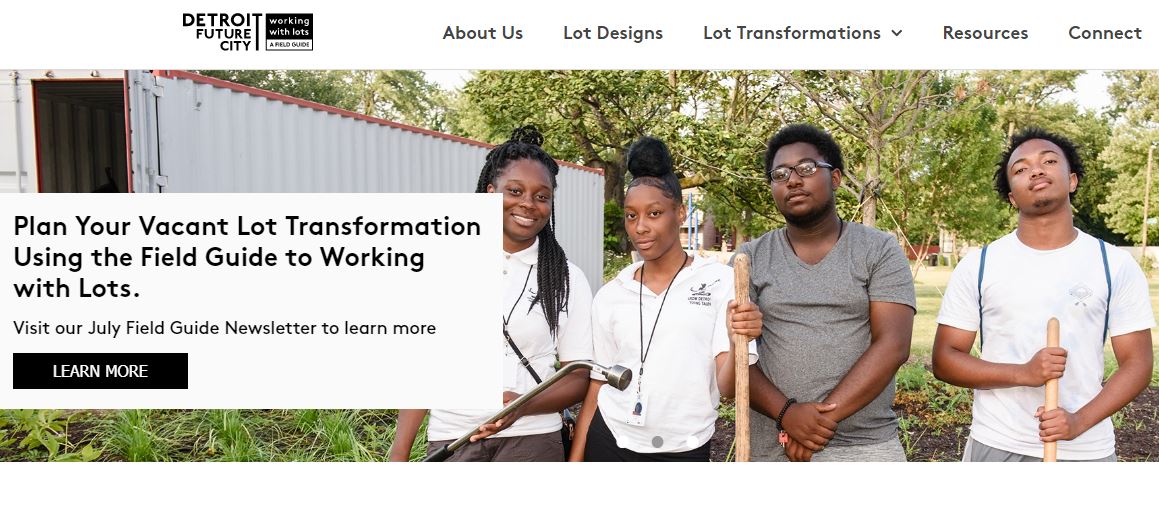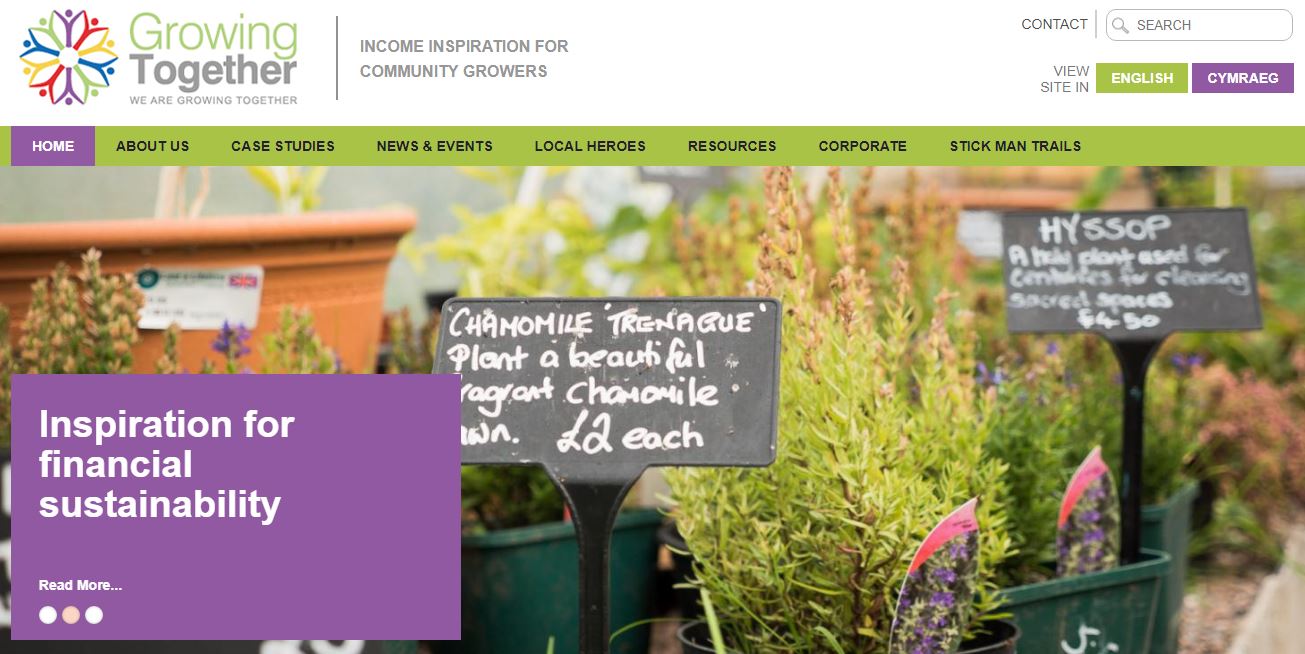
It was August 2004 when I arrived in Watchet. I was 28, Ian 29. We bought a terraced house with wooden floorboards and a sea view. We were looking for a life of wide open spaces, fresh coastal air and something that wasn’t London. We were used to catching up with friends who had dispersed around the world on occasional weekends, not knowing neighbours, being unknown, so the idea of moving somewhere where we didn’t know anyone seemed fine.

It took a week to realise that seagulls nesting in your chimney is a total pain, and that our neighbour Pam was an angel. She had a key and would leave us home-made pasties or fluffy scones which we would find in the kitchen after work. When thanked she would tut and say ‘well, you’re busy young people’. It seemed extraordinary to us, and utterly normal to her.

Fourteen years, two daughters and the founding of Onion Collective later and Watchet has become my (slightly) dysfunctional but much loved extended family. Living here drives me mad. It can be claustrophobic, frustrating, and insular; but like the best families it is also a source of unconditional love, support, and unending surprising joy. I imagine the community here like a series of spinning and interlocking circles, some of the people in those circles I have never met, but those people will have met and know other people in other circles and if you care to take the time you will always find connections with people you know somewhere.

The thing I love the most, is that all these different social circles and friendship groups intertwine to solve problems. Ideas are discussed over a pint, and someone knows someone else who can help fix this, arrange that, lend this, help with that, and before you know it events, festivals, charity galas, community builds, volunteer maker/fixer groups, communal veg growing, OAP meals, music events and art workshops happen because friends have got together and made it so.
There is a central ethos that holds strong here, which is: ‘Let’s just bloody do it then!’ Known at Onion as ‘self-reliance by neglect’ this spirit means that things happen here because people get on and do it rather than waiting for someone to do things for them. Our biggest asset is our people power.
And yet, Watchet is ‘deprived’— caused by the congruence of many problems, including its relative isolation and poor roads and its loss of industry, initially with the closure of the docks and more recently the closure of the paper recycling plant. Its Local Authority has always struggled—it’s a huge rural area with a low population, and that coupled with austerity from central government means that it cannot afford to pay for the services that are desperately needed. These problems are so serious that the district has been named in the 2017 State of the Nation report, as having the lowest social mobility in the whole country. This means that children from deprived families living here have less chance of changing their futures here than anywhere else in England.

Here austerity is being used as a reason for why there are no longer (if there ever were) the public funds needed to deliver many of the things we need for our civil prosperity. Councils, we are told, are fire-fighting with issues they do not have enough staff to cope with. Bus services are cut, children’s services cut, social services cut, jobs cut, infrastructure neglected, businesses not supported.
So there’s a mismatch going on. One the one hand we have this rich and seemingly abundant social capital, and on the other terrible deprivation that increasingly looks hopeless. It’s not a big leap to imagine that one can help to solve the other, and it does every day with the incredible volunteering that happens in hundreds of corners of society. But it is still not leading to real social change.
There’s a movement gaining momentum that suggests that the only way we can address these ever increasing problems is systems change. The systems and institutions originally set up to help the most vulnerable in society are no longer working. Therefore we must adapt and re-design the systems, so they are fit for purpose.
In Watchet, and it must also be the case in many places all over England, one of the major reason why we not achieving social change through social capital alone, is because currently it is disconnected from aisles of power. This valuable resource in community time is working in isolation, away from the decision making processes that that really matter in public life.
Because systems are in place that inadvertently restrict and refrain the area from pulling itself up from this appalling statistic, and because, over time, this slow decline has been allowed to be accepted as ‘the way it is’.
Frome is an example of a town which is connecting authorities with community action and in doing so is seeing extraordinary results. Run by an independent Town Council Frome is famous for its community’s sense of agency and innovation.
George Monbiot, writing for The Guardian recently wrote about its Compassionate Frome Project, an initiative set up by GP Helen Kingston, and supported by Health Connections Mendip, whereby groups called ‘health connectors’ help to identify gaps in people’s care, create new health plans and, crucially used trained voluntary ‘community connectors’ to help patients find the support they needed. This could be anything from debt support, to exercise groups to joining a choir. The ambition is to break a cycle of misery, and recognise that loneliness and isolation exacerbates illness, that by tackling loneliness and isolation you reduce the health bill. 1
Resurgence Magazine states:
“While emergency admissions to hospitals across Somerset have increased by 29%, incurring a 21% increase in costs, Frome has seen admissions fall 17% with a 21% reduction in costs in 2016 to 2017 compared to 2013 and 2014,” said Julian Abel, a consultant in palliative care who is involved in the project… The combining of the community development approach with the care of the medical practice is unique in Somerset.”2
As George Monbiot states in his article, we must be cautious about research data before it has been properly reviewed, (an academic paper has been submitted to a medical journal and is waiting peer review), but it’s hard not to feel excited by the implications.
David Robinson is the founder of a movement called We Are What We Do that seeks to inspire people to use their everyday actions to affect social change. He recently gave a lecture at LSE called ‘The You And Me Principle: How Relationships Change The World’. In it he explains the term ‘relational poverty’ how our social relationships are as important, if not more so when we think about poverty than our material needs. He explains that people are four times more likely to find work through friends than from the Job Centre, that stronger neighbourhoods have significantly less crime, that living in a supportive community increases our chances of good health by 27%. 3
Hillary Cottam founder of Participle, advocates a ‘Relational Welfare System’ which describes the benefits of strong human relationship networks that are set up within social service systems. How strong relationships, networks and connections can, not only achieve social change, in the form of supporting people through a myriad of differing ways, including helping to make their own decisions. But she also shows how this system makes considerable savings to the public purse. 4
In each one of these examples, the crucial enabling factor is the collaboration between authority systems and community action. The understanding that authorities cannot make systems work without the involvement of community groups in terms of resources and actions combined with valuable local knowledge, but also that it is most powerful when communities are themselves involved in the decision making processes. Likewise, once valued by authorities community action groups stop seeing authorities as a barrier, and work with them to help deliver the solution. It is mutually beneficial.

This month, Watchet’s Coastal Community Team, a partnership of 26 local businesses, charities, community groups and local authorities became one of the 20 places to become part of the DCMS, Big Lottery Place Based Social Action Programme. We have, until November to co-design a plan for Social Action that helps to tackle some of the major issues in the town.
This scheme is our opportunity to connect the incredible work that local people are already doing, with decision makers. To navigate and find a way of producing initiatives that design new ways of collaboration between authorities and community action, that can actually affect real lasting and meaningful social change.

Our plan is to use the exciting and radical processes that are already taking place, such as: the community build at Splash Point, community asset transfers, such as the Boat Museum Visitor Centre project, which includes a great example of co-location of services between Watchet Town Council, Friends of the Flatner Association, OC and Cliffs Cabs.

Peer support volunteer groups such as Watchet Community Makers and the endless examples of volunteering such as Watchet Summertime, Watchet LIVE, The Sanctuary (the list is endless). The plan is to take these examples of community action and collaborate in such a way that the projects will help to ease the pressure on local authorities, but at the same time ensure that the social action which takes place makes a meaningful difference. The projects will combine local knowledge with professional expertise, work out where things aren’t working, and find a social action solution.
Unlocking the process to how we do this will be tricky, and in all honesty it is difficult to know where to begin! So if you, or anyone you know is working on similar schemes we would love to hear from you, and learn from you and understand your processes, so please do get in touch.
Nevertheless it feels exciting, to embark on a project that could, over time and with considerable hard work, be so transformative for local people. It would help to put power and decisions back into the hands of local people.

Fourteen years ago, I thought I was moving to a place where anonymity and isolation were king –I thought I was escaping life. Little did I know I was walking into the heart of something I had never experienced before. A place where we would be welcomed with open arms, and where, if there is a problem people put their hands up and say ‘I’ll help with that’, ‘I know someone who’d be great at that’.
It makes you feel as though anything is achievable if friends put their mind to it. And if the powers that be recognise what an extraordinary tour de force this could be, if communities work in collaboration with authorities to identify gaps in service provision, and then work together in social action to help fill that gap, then we really can make change happen.
Right then. “Let’s just bloody do it!”
To learn more, please visit: The Onion Collective




